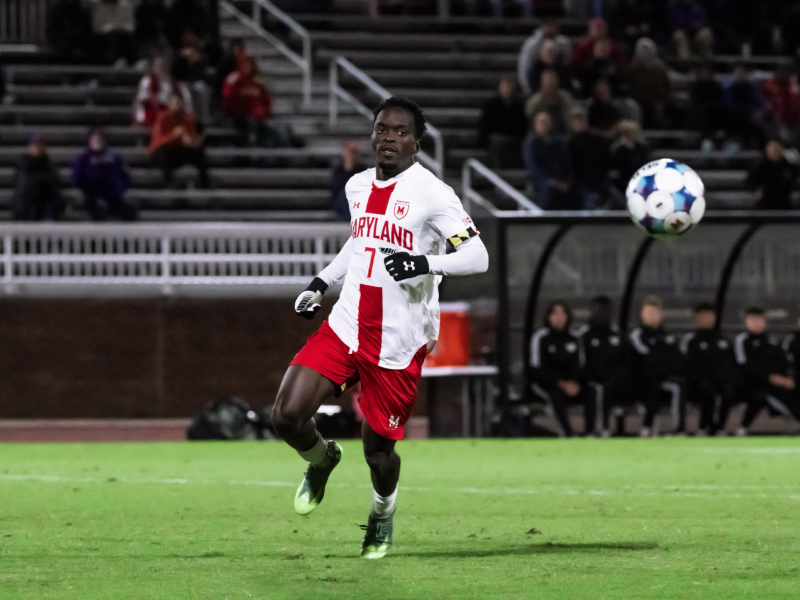The number of students who have garnered prestigious national scholarships has nearly tripled in the past year, and scholarship advisors say the amount of applicants for this year’s awards may double last year’s totals.
In the 2008-2009 school year, 38 students received top-notch awards ranging from Fulbright scholarships to National Science Foundation fellowships, and set university records for the number of recipients of four different national awards.
The enormous increase in success on the part of the National Scholarships Office comes shortly after the May hire of director Francis DuVinage, whom scholarship advisors largely credit with spreading the word about the awards to a wider audience of students.
“DuVinage has had a tremendous positive impact in a short amount of time,” said Bob Infantino, associate dean of the life sciences college, who also serves as an adviser for the Barry M. Goldwater scholarship.
The university administration has also acquired a newfound zeal for garnering top-notch scholarships, as evidenced by DuVinage’s hire. DuVinage founded George Washington University’s Center for Undergraduate Fellowships and Research before coming to the university.
“I want more students to get with it,” said university president Dan Mote. “We must have a lot who want to get in this game. We have a lot of students who could qualify for these things.”
Jonathan Auerbach, an English professor as well as Fulbright Scholarship advisor, said when he first began advising for the Fulbright in 2006, he had 11 applicants. For this year’s upcoming deadline, there are over 50.
DuVinage, who is currently the only employee of the National Scholarships Office, said that he worked to strengthen partnerships with departments, honors programs and living-learning communities over the summer.
“I work collaboratively with many faculty who advise for a range of different scholarships,” he said. “A lot of what I do is catalyze all of that. It’s not a one-person effort by any stretch.”
By hosting workshops, making presentations to classes and sending out listserv e-mails, the National Scholarships Office made contact with over 600 students last year. And the key to increasing the number of scholarship winners is to increase the number of applicants, Auerbach said.
“For our peer institutions like Berkeley and Michigan, in absolute numbers they have a lot more winners but no better ratio than we do, which is about one [winner] out of four [applicants],” Auerbach said.
Another important tactic for boosting scholarship winners is snagging students early, Mote said.
“With these big-time national fellowships, you can’t just decide you’re interested when you’re a senior — by that time, it’s over,” he said. “You’ve got to capture students early and guide and inspire them to prepare.”
For Jennifer Chen, an undergraduate currently studying Chinese in Taiwan with all expenses paid thanks to the Benjamin A. Gilman International Scholarship, the one-on-one attention given to every student that walks into the National Scholarship Office was what gave her the competitive edge. More students should talk advantage of it, she said.
“[DuVinage] provided me a huge wealth of information, which helped me appropriately consider where in the world to travel to, and which programs best supported my career goals,” Chen wrote in an e-mail. “The NSO has helped me tremendously in this process, and I don’t think I would have won the award without the support of this office.”
astice@umdbk.com


